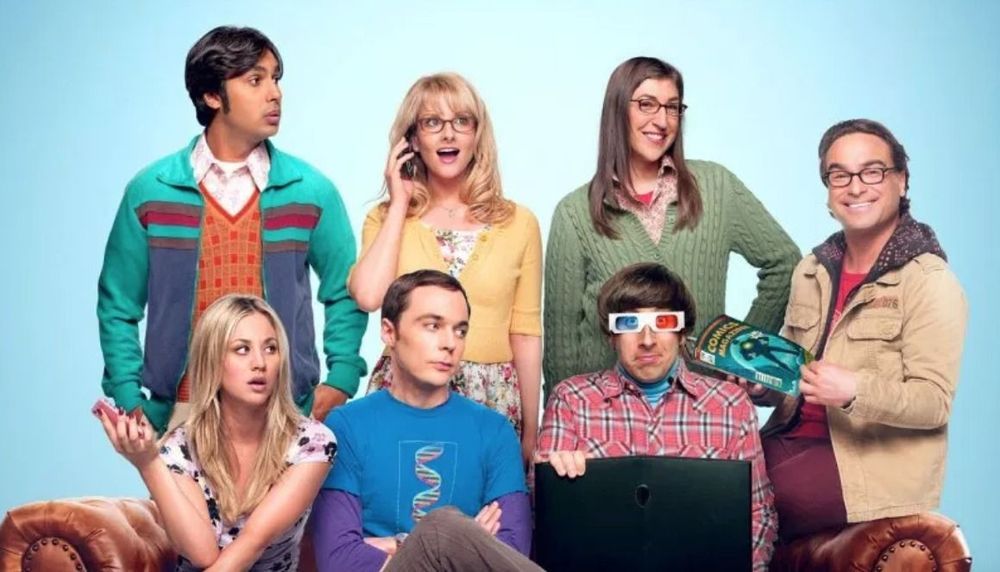New particles sensitive to the strong interaction might be produced in abundance in the proton-proton collisions generated by the Large Hadron Collider (LHC) – provided that they aren’t too heavy. These particles could be the partners of gluons and quarks predicted by supersymmetry (SUSY), a proposed extension of the Standard Model of particle physics that would expand its predictive power to include much higher energies. In the simplest scenarios, these “gluinos” and “squarks” would be produced in pairs, and decay directly into quarks and a new stable neutral particle (the “neutralino”), which would not interact with the ATLAS detector. The neutralino could be the main constituent of dark matter.
The ATLAS Collaboration has been searching for such processes since the early days of LHC operation. Physicists have been studying collision events featuring “jets” of hadrons, where there is a large imbalance in the momenta of these jets in the plane perpendicular to the colliding protons (“missing transverse momentum,” ETmiss). This missing momentum would be carried away by the undetectable neutralinos. So far, ATLAS searches have led to increasingly tighter constraints on the minimum possible masses of squarks and gluinos.
Is it possible to do better with more data? The probability of producing these heavy particles decreases exponentially with their masses, and thus repeating the previous analyses with a larger dataset only goes so far. New, sophisticated methods that help to better distinguish a SUSY signal from the background Standard Model events are needed to take these analyses further. Crucial improvements may come from increasing the efficiency for selecting signal events, improving the rejection of background processes, or looking into less-explored regions.








